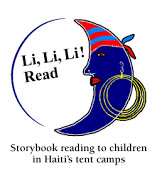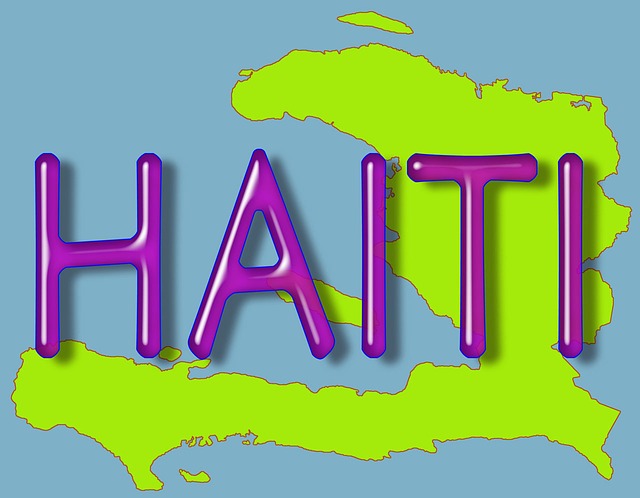Examining Morally Complicated Young Adult Literature
By T. Gail Pritchard and Deborah Dimmett
 The Bombs That Brought Us Together by Brian Conaghan
The Bombs That Brought Us Together by Brian Conaghan
GAIL: This time last year, the young adult literature (YAL) world was all abuzz about an unfortunate choice of words by a debut author. Perhaps it was naivety on his part, perhaps it was the way his words were edited in an oft quoted article, perhaps it was a combination — but the result was the same, the YAL community did not like his description of past and current YA as lacking moral complexity. They posted, they blogged, they tweeted; and as a result, lists of morally complicated YAL appeared and sessions at conferences (e.g. YALC 2016, NCTE 2016) were well-attended. Through the discussion of some of the novels appearing on these lists and in conference sessions, we will explore definitions of morally complex YAL, the complicated journeys that occur, the likability of the characters, and the tough questions these novels force us to ask. Continue reading

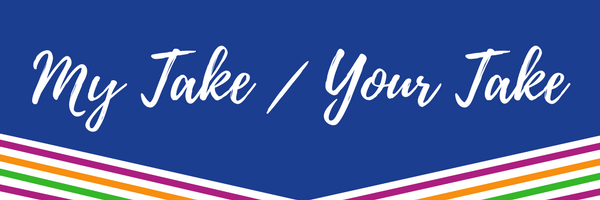


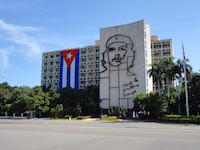
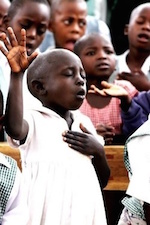

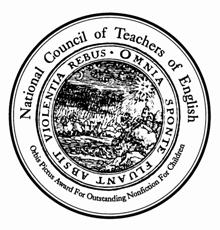
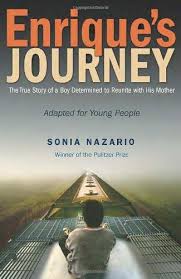 There is an abundance of young adult (YA) literature that lends itself to exploring issues of social justice. Introducing young adults to nonfiction books about societal and global dilemmas can be a very exciting way to engage youth in problem-based learning through literature. One issue that has local, national, and global implications deals with huge influx of unaccompanied and undocumented children from Central America.
There is an abundance of young adult (YA) literature that lends itself to exploring issues of social justice. Introducing young adults to nonfiction books about societal and global dilemmas can be a very exciting way to engage youth in problem-based learning through literature. One issue that has local, national, and global implications deals with huge influx of unaccompanied and undocumented children from Central America. 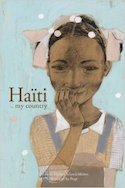 Books about Haiti had a slight resurgence in the area of children’s literature after the 2010 earthquake. However, few books have made it in print in the language Haitian children know best – Creole. It has been easy for publishers to overlook this market for many reasons. Among them is that those in Haiti who can afford to purchase books are fluent in French as well as Creole. But Haiti’s population is estimated at nearly 10 million, nearly all of whom speak Creole with approximately 10% who are actually fluent in French. This raises the question as to why books in Creole are not nearly as plentiful as books in French. In a country where adult literacy has been stagnant at 48.7%
Books about Haiti had a slight resurgence in the area of children’s literature after the 2010 earthquake. However, few books have made it in print in the language Haitian children know best – Creole. It has been easy for publishers to overlook this market for many reasons. Among them is that those in Haiti who can afford to purchase books are fluent in French as well as Creole. But Haiti’s population is estimated at nearly 10 million, nearly all of whom speak Creole with approximately 10% who are actually fluent in French. This raises the question as to why books in Creole are not nearly as plentiful as books in French. In a country where adult literacy has been stagnant at 48.7% 